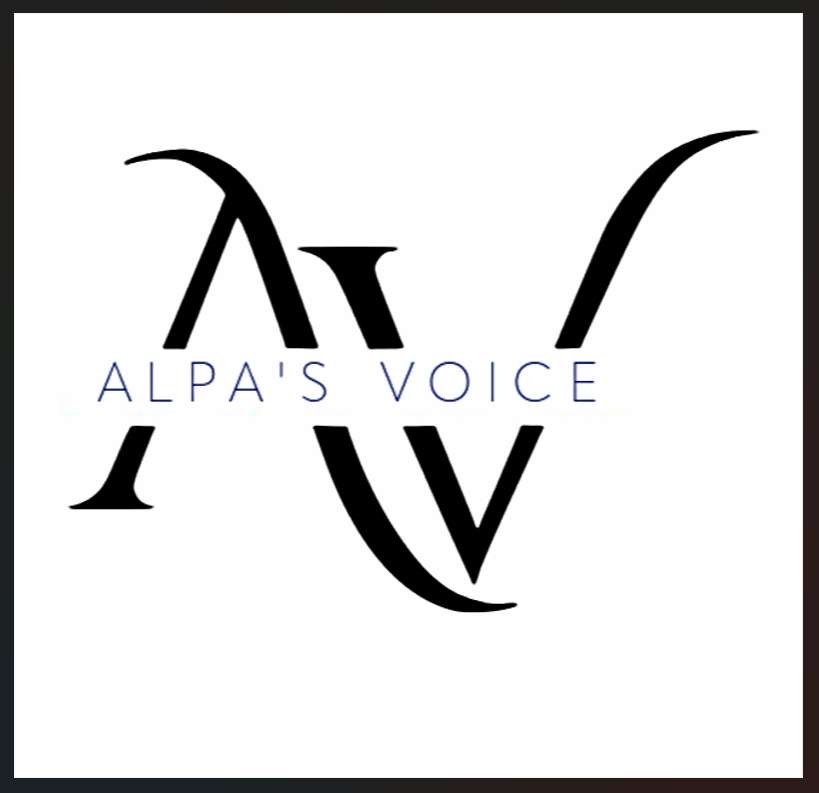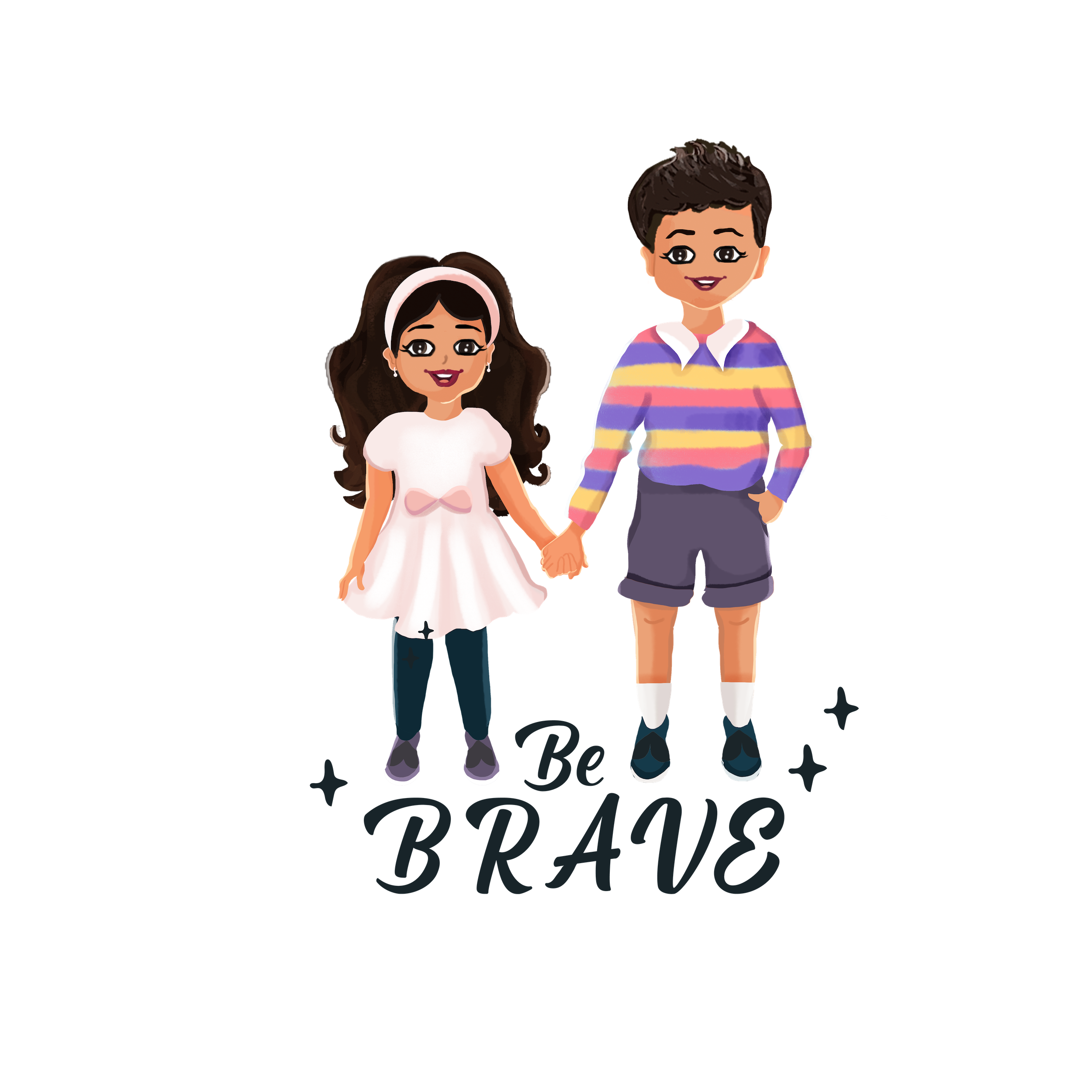Survivor Voices
“I was just 10 when my uncle began abusing me. I didn’t understand what was happening—just that it felt wrong. For years, I was told to keep quiet ‘for the family’s sake.’ The silence almost broke me. It wasn’t until I became a mother that I realized I had to break the cycle. I went to therapy, shared my truth with close friends, and finally told my parents. It wasn’t easy, but I’m healing. And I now teach my children that no secret should hurt to keep.”
— Reena
“It started when I was 13. I told a teacher, and thankfully she listened. My parents were shocked but supportive. I went through counseling, which was hard—but it saved me. I still have bad days, but I’m proud of how far I’ve come. I want other teens to know: It’s not your fault. You are not alone. And your story doesn’t end with what happened to you.”
— Priya
“I was abused by my childhood babysitter from ages 6 to 9. I never told anyone until I was 35. I thought because I was a boy, I had to tough it out, bury it, and move on. But it caught up to me in my relationships, in my parenting, in the way I saw myself. When I finally told my wife, I expected shame. Instead, she hugged me and said, ‘It wasn’t your fault.’ That one sentence changed everything. I started therapy and joined a support group for male survivors. The truth was heavy, but carrying it alone was heavier.”
— Jake
“My older cousin told me it was ‘just a game.’ I was 6. For years, I blamed myself. I thought I must have done something to deserve it. When I finally told my mom in college, she cried—and not because she didn’t believe me, but because she wished I had told her sooner. That was the beginning of my healing. Today, I volunteer with a helpline to help other boys like me. Abuse doesn’t have a gender, and neither does bravery.”
— Karan
“As a boy growing up in a traditional South Asian home, emotions were rarely talked about—let alone abuse. I was abused by a family friend between the ages of 8 and 11. I buried it so deep that even I almost forgot it happened. But the anxiety, shame, and rage stayed with me into adulthood. It wasn’t until my son turned the same age I was when it started that the memories came flooding back. Therapy helped me connect the dots. Today, I speak at schools and community centers because I want our culture to stop protecting silence over safety. Healing didn’t happen overnight, but it began the moment I gave my pain a voice.”
— AJ
“I grew up in a Pakistani-American household where respect for elders was non-negotiable. When my older brother’s friend started touching me inappropriately, I didn’t even have the language to describe what was happening. I thought staying quiet protected my family’s honor. But all it did was protect my abuser. It wasn’t until grad school that I finally shared my story—with a friend who just listened without judgment. That moment cracked something open in me. Now, I speak on college panels about consent, culture, and courage. Silence was my shield, but it was never my healing.”
— ZH
I carried my secret for over 30 years. My abuser was someone everyone respected in our South Asian community, and I didn’t think anyone would believe me. When I confronted him as an adult, he denied everything. But I knew my truth. I lost relationships, but I found peace. Now I write poetry about reclaiming my voice. Speaking up cost me a lot—but staying silent cost me more.”
— SP
“I grew up in a small town in the Midwest, where everyone knew each other—and that made it even harder to speak up. My stepfather started abusing me when I was 7. I tried to tell my mom once, but she didn’t want to believe it. So I stayed quiet until I moved out at 18. For years, I struggled with trust, relationships, and self-worth. But then I found a therapist who saw me, really saw me. I began writing letters to my younger self, and it helped me heal piece by piece. Today, I work with foster youth and remind them: you are not what happened to you. You are who you choose to become.”
— Emily
“I was raised in a conservative Christian family in the South. My grandfather was respected in the community—he also abused me for three years starting when I was 8. I thought if I told, everything would fall apart. So I stayed silent and carried the shame that was never mine. It showed up in panic attacks, eating disorders, and deep self-doubt. In college, I finally opened up to a campus counselor. That was the first time someone told me, ‘You did nothing wrong.’ I still have days when it’s hard to breathe, but I’ve reclaimed my story. I want others to know: you are not broken—you were betrayed. And you can rise.”

